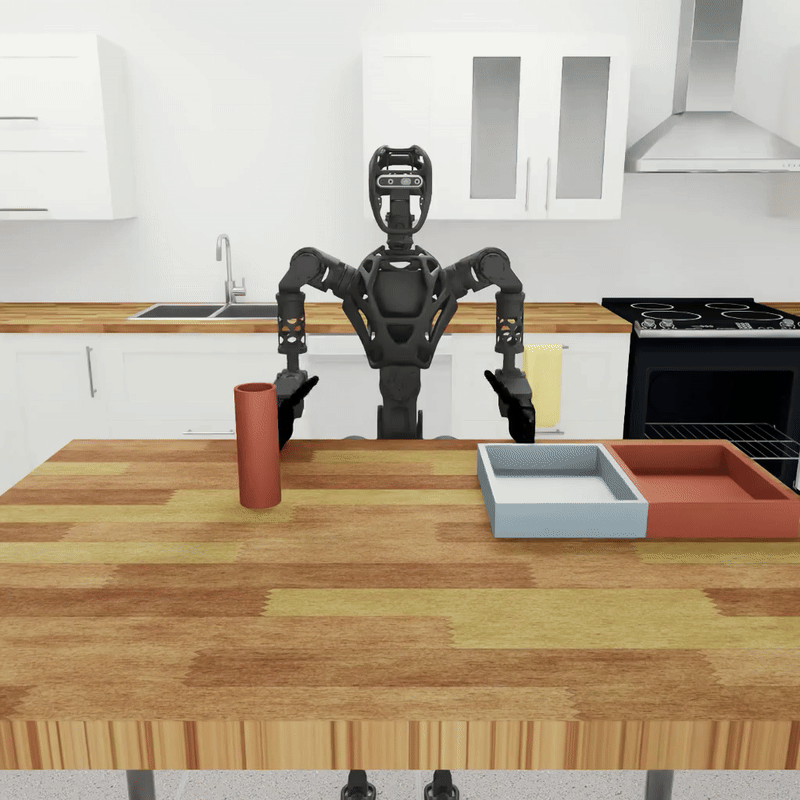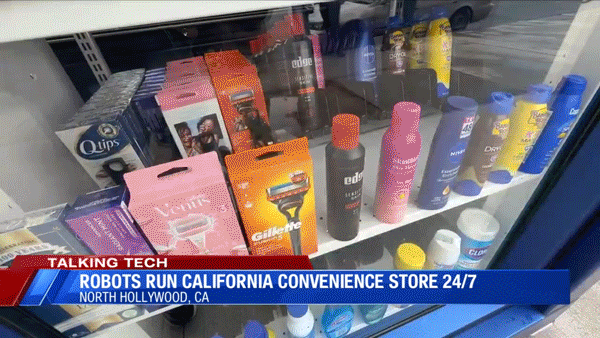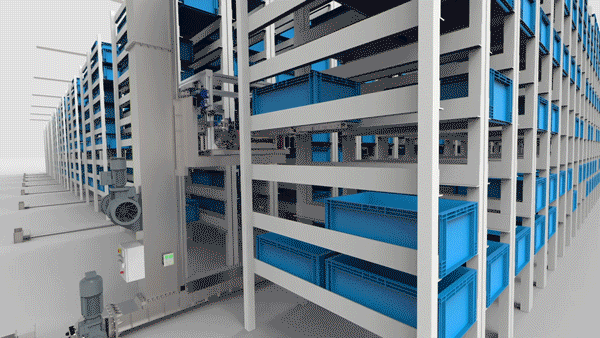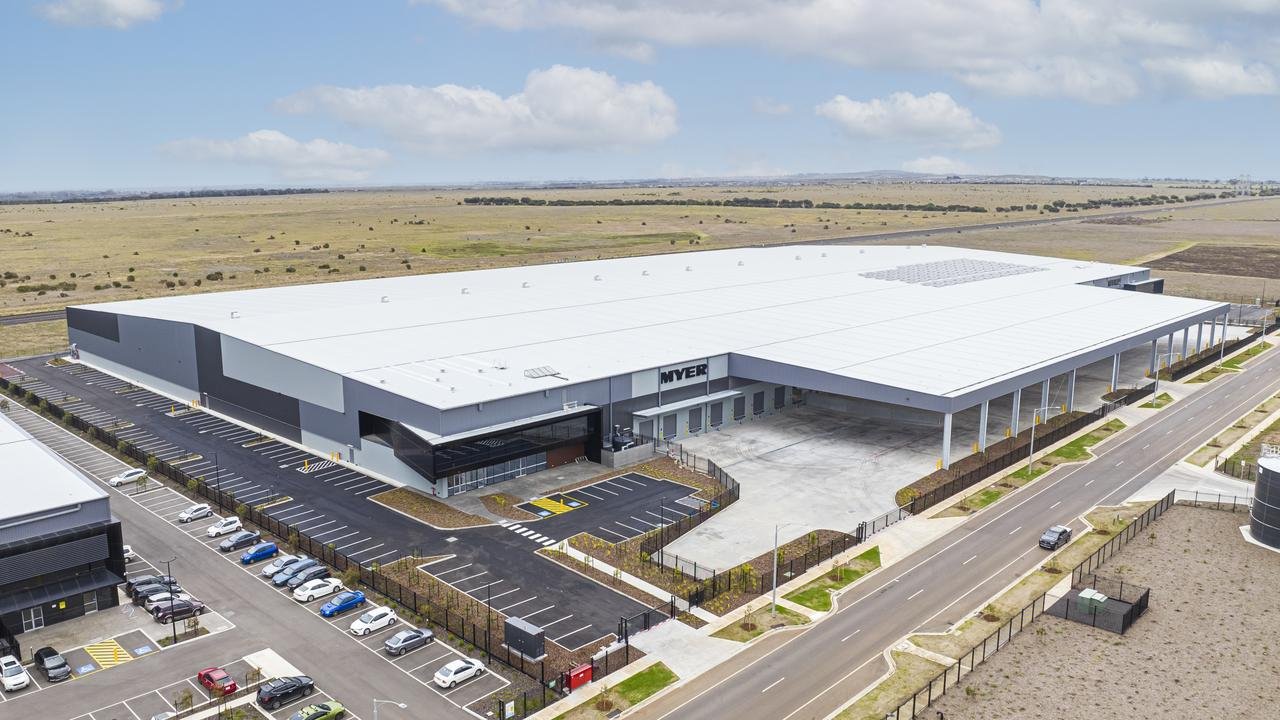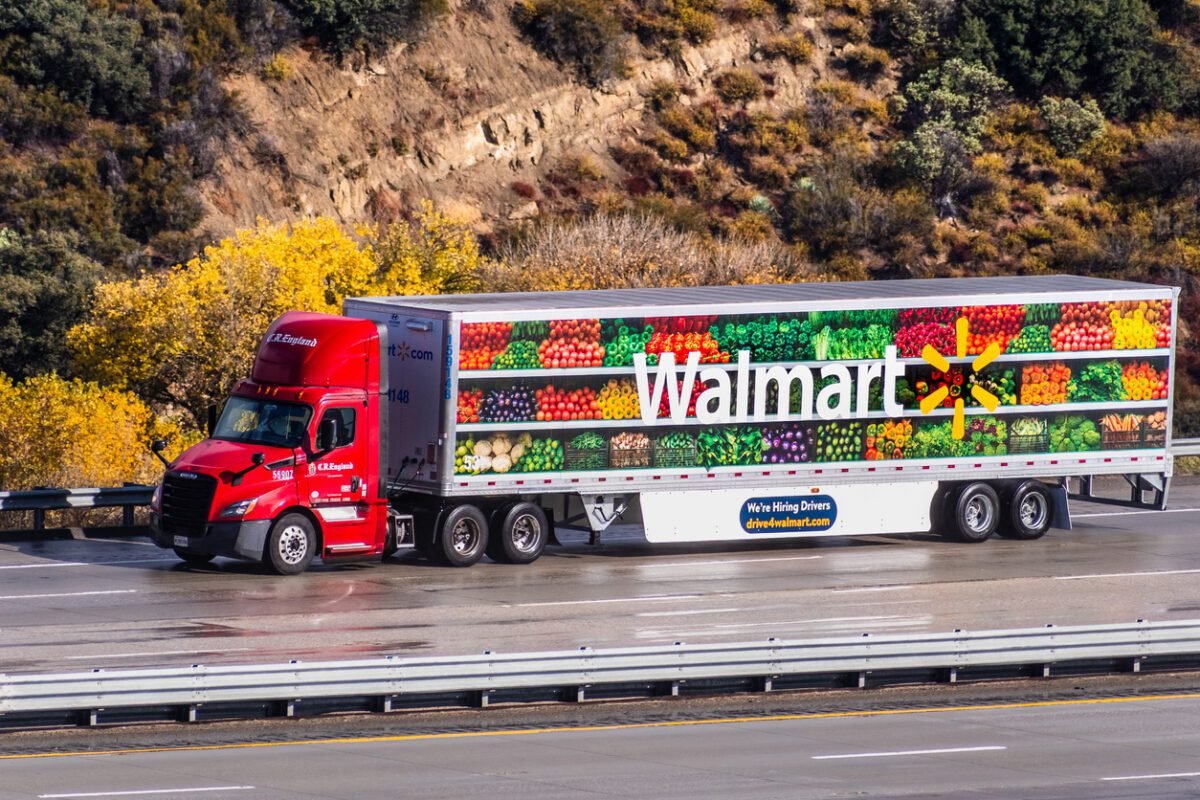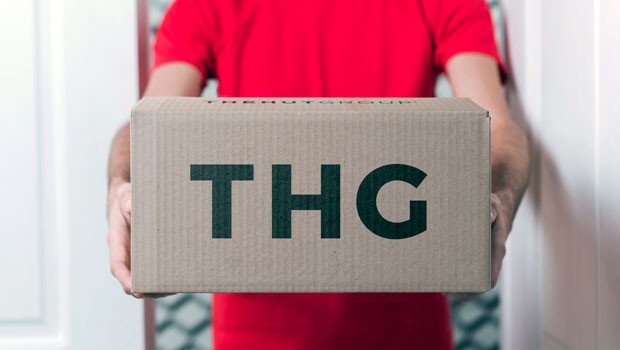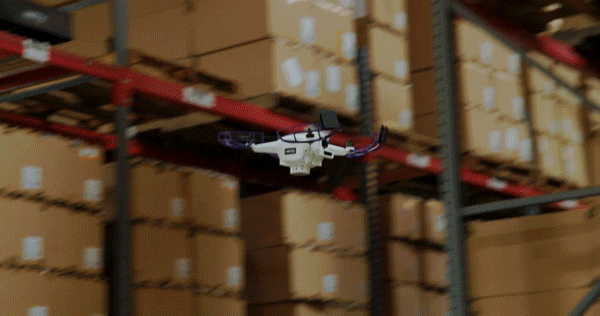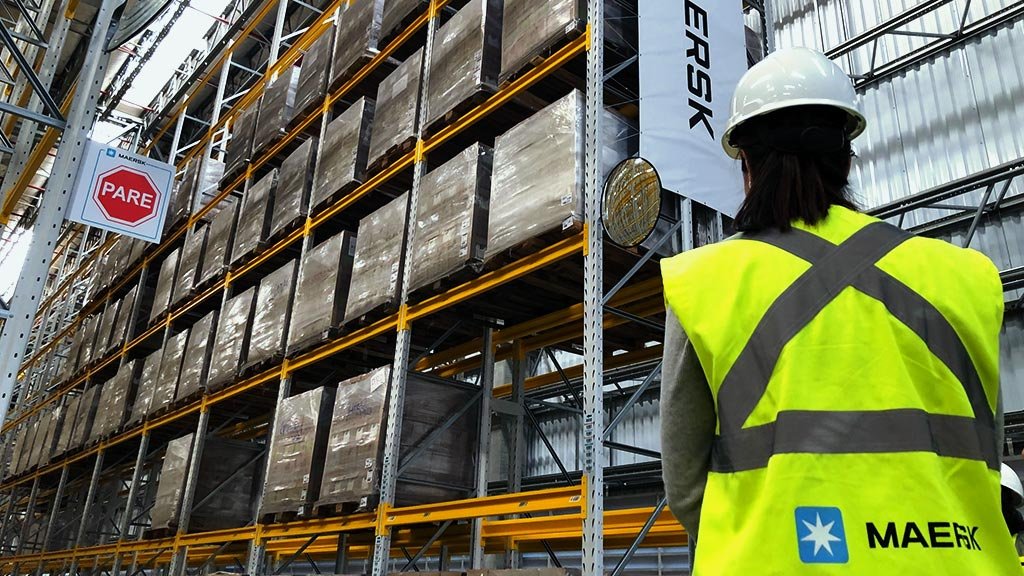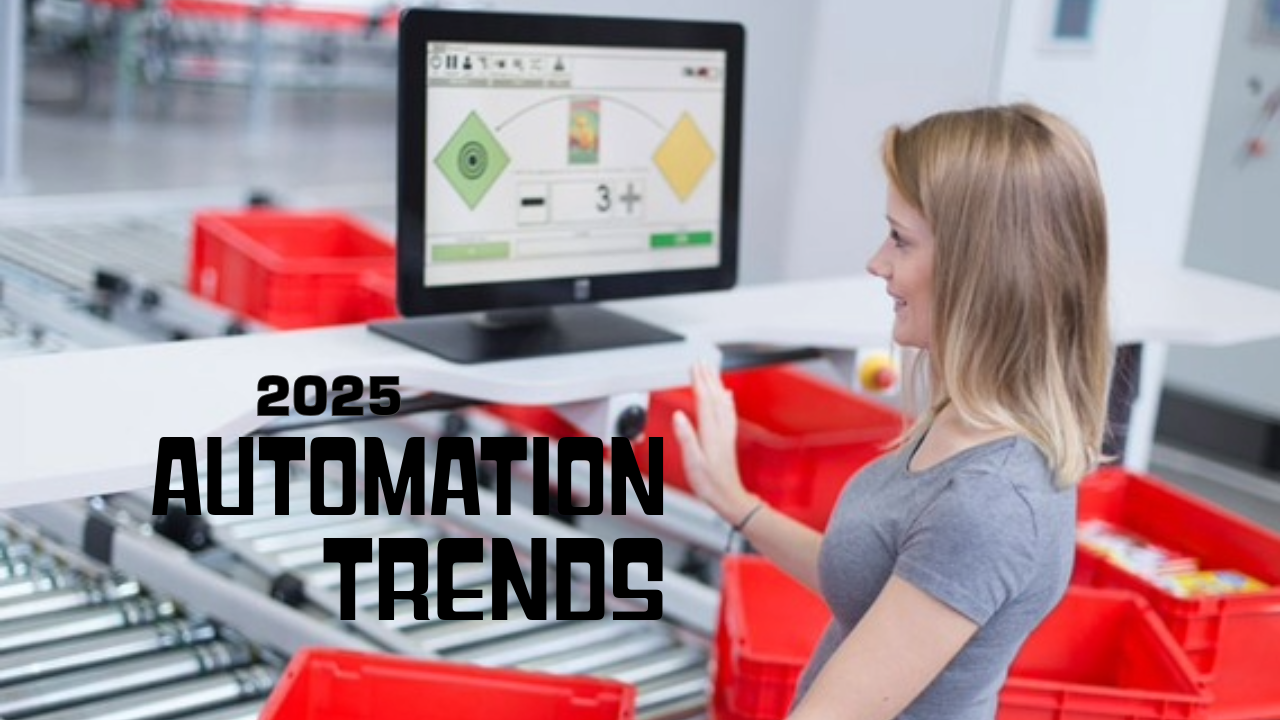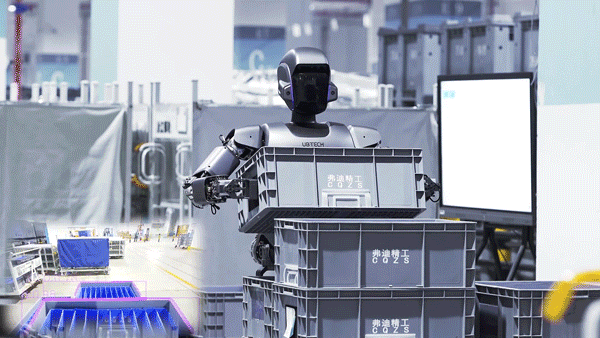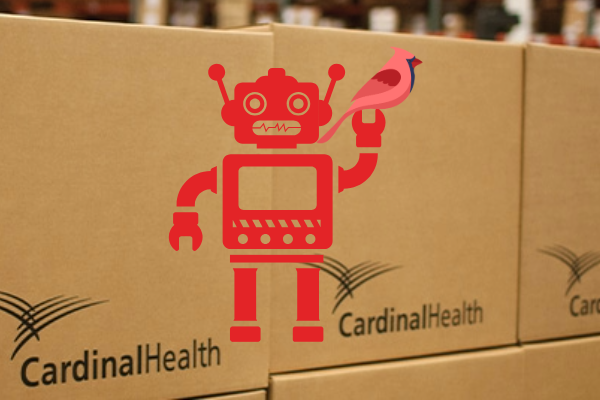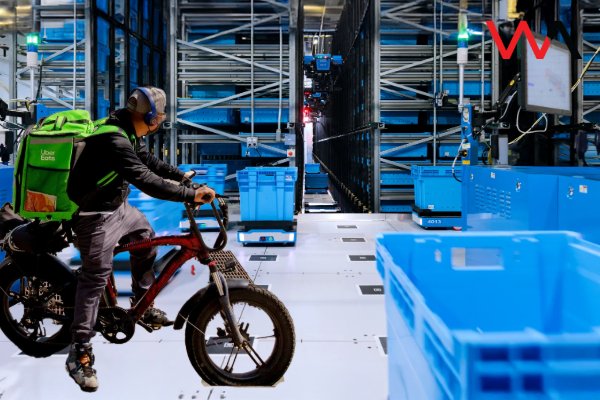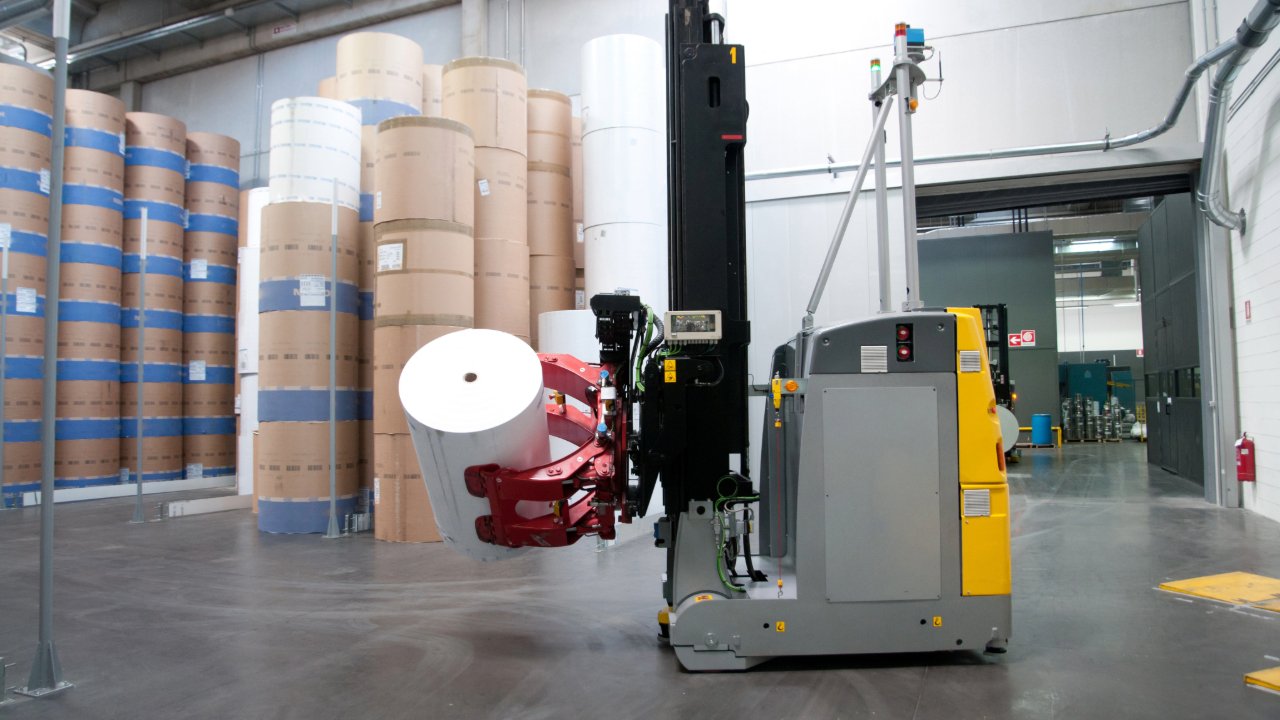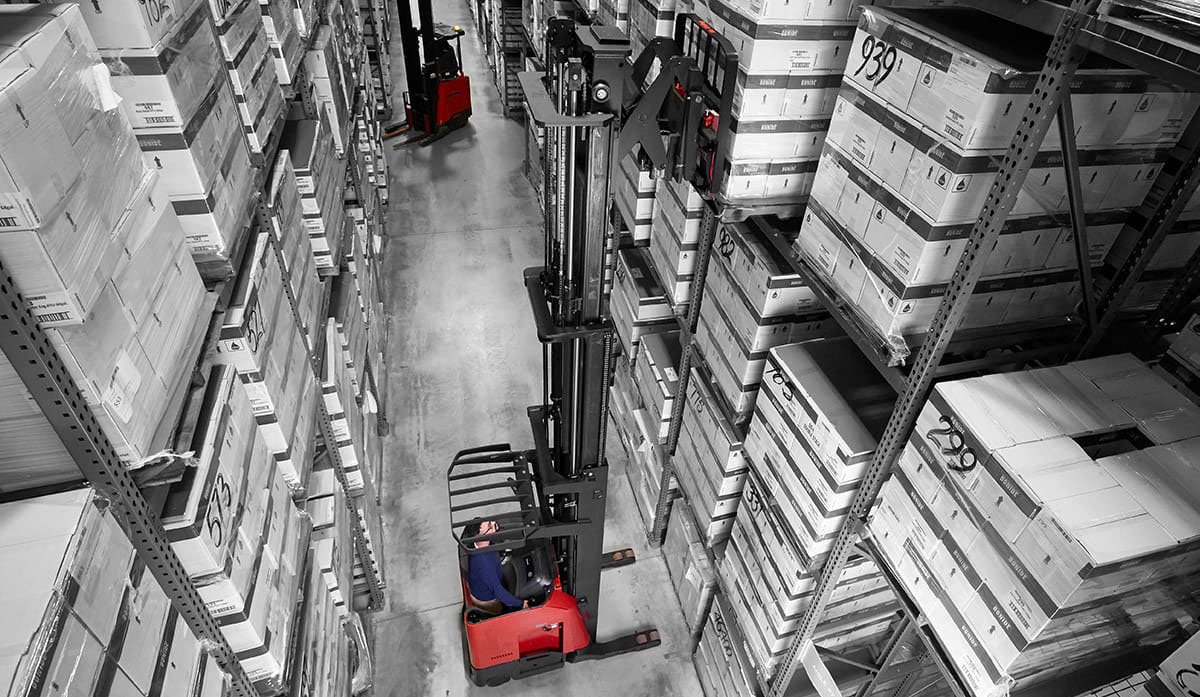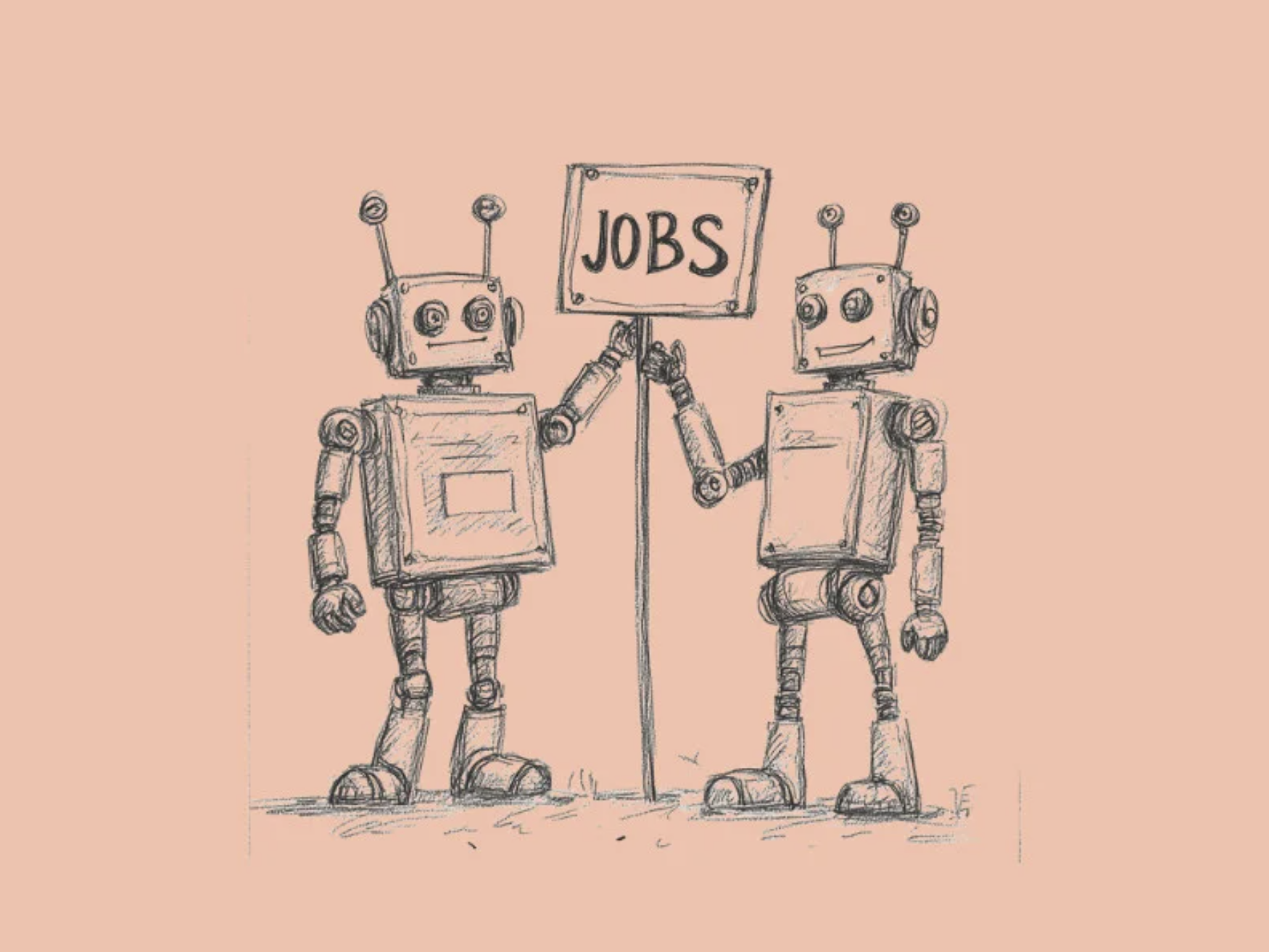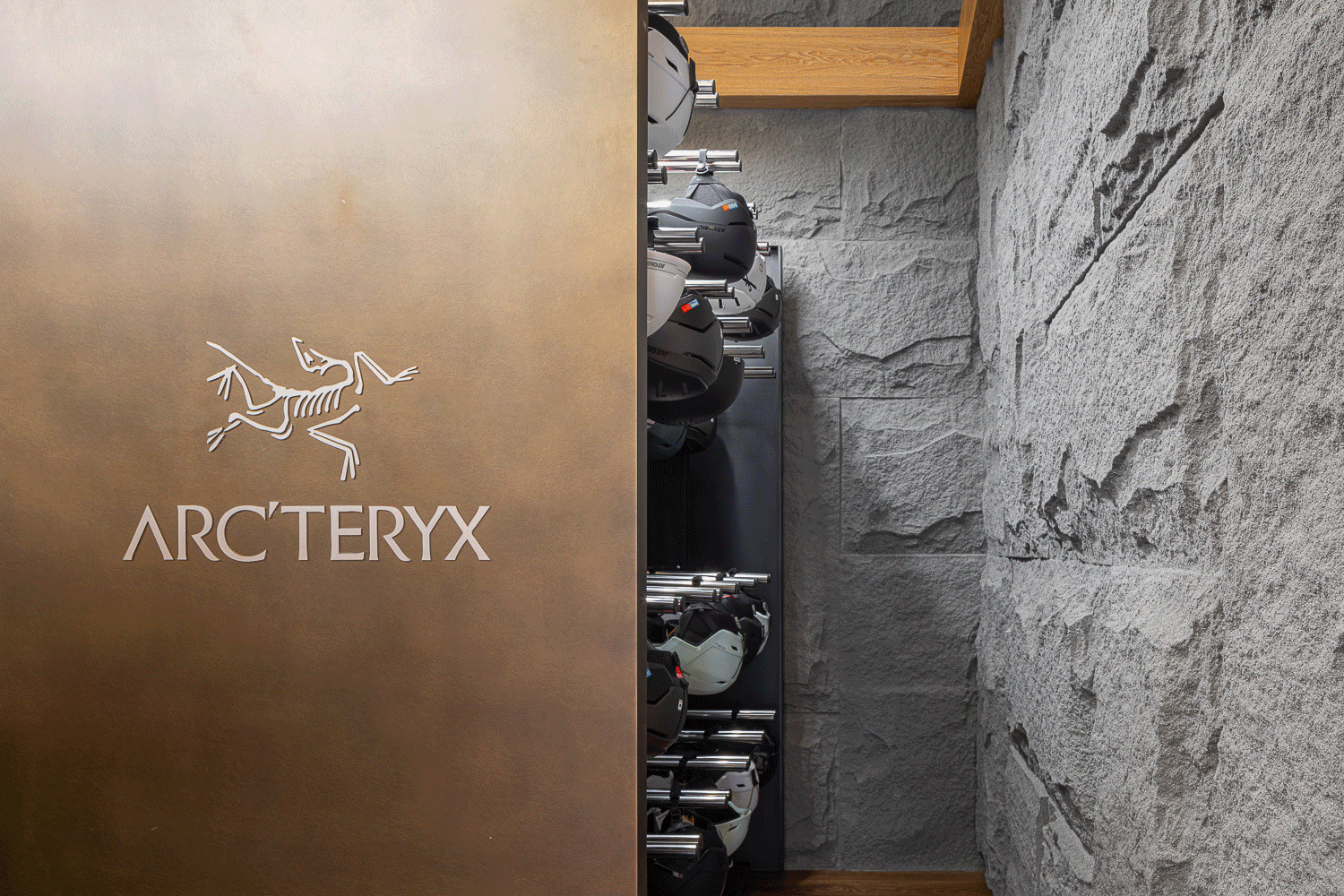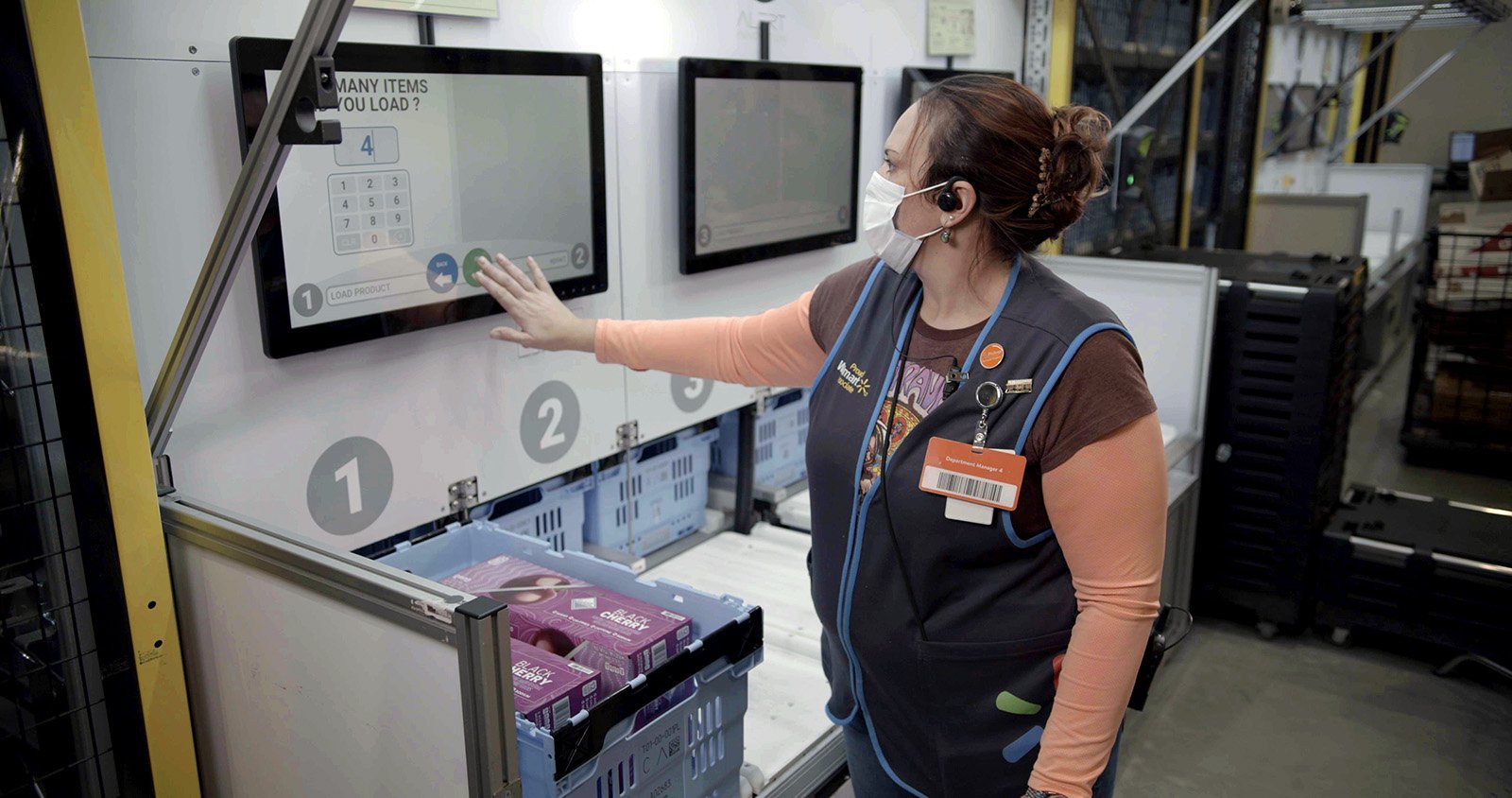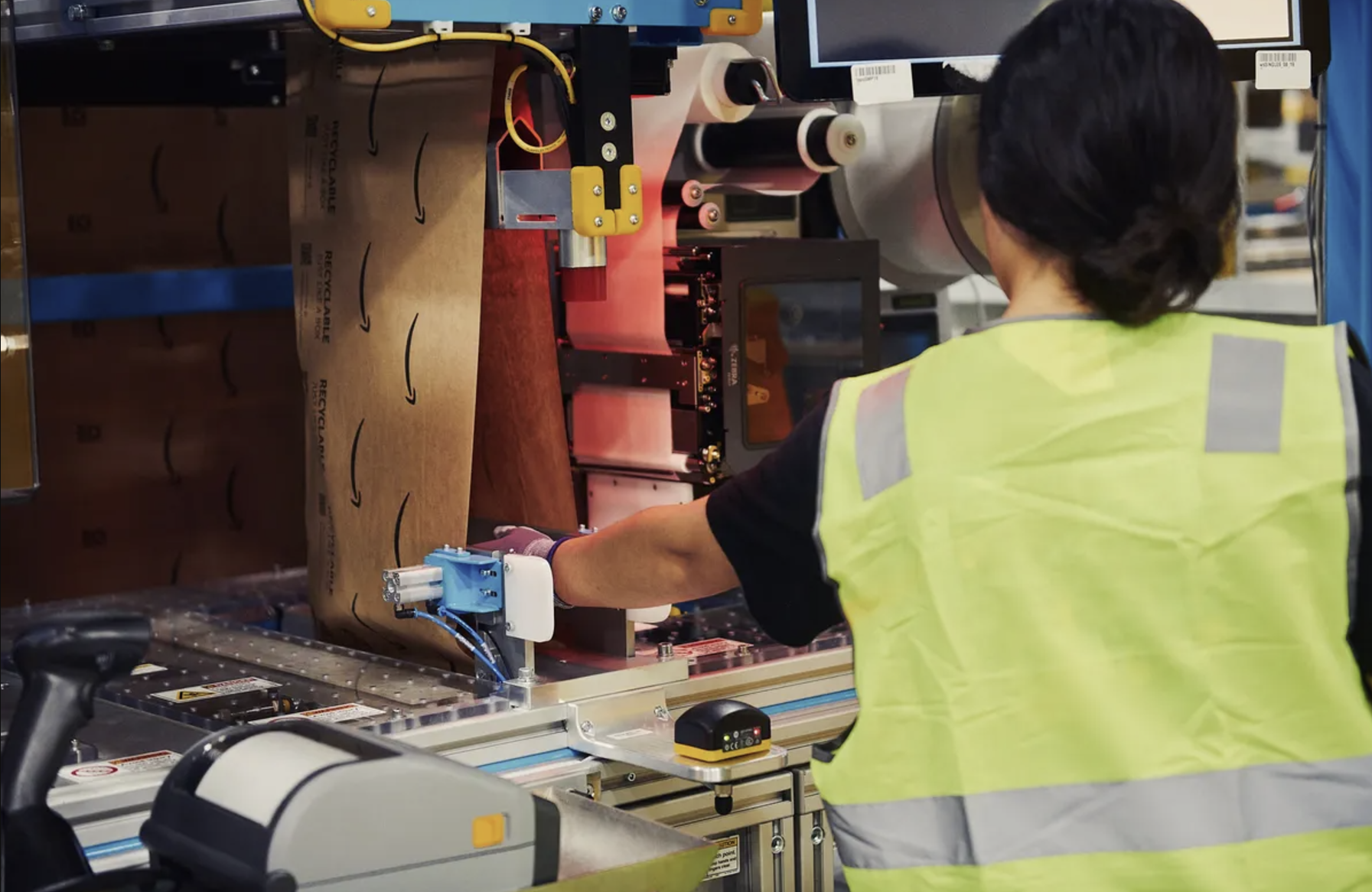Amazon Unveils NextGen Technology with 10X Robotic Power
Amazon’s most advanced fulfillment center in Shreveport, Louisiana, will reimagine logistics to benefit employees and customers.
Amazon enters a new frontier with the introduction of the largest advancement in robotics and AI technologies deployed in its operation’s history. Located in Shreveport, Louisiana, Amazon’s next-generation fulfillment center brings together years of innovation under one roof. The site transforms the future of work and sets a new standard for efficiencies in the logistics industry.
This facility spans five floors and more than 3 million square feet—equivalent to 55 football fields—making it one of Amazon's largest sites. It will employ 2,500 employees once it’s fully ramped up.
For the first time, Amazon has introduced technology solutions in all key production areas at the site, meaning employees will work alongside its growing fleet of robotic systems seamlessly in a way that wasn’t possible until now.
At the center of the facility is Sequoia, a state-of-the-art multilevel containerized inventory system that makes it faster and safer for employees to store and pick goods. Sequoia can hold more than 30 million items, making it five times bigger than its first deployment of this system in Houston, Texas, and helping store products closer to customers for faster deliveries.
The system coordinates the efforts of thousands of mobile robots and a suite of robotic arms to bring items to employees at ergonomic workstations, where they can do all their work with more comfort and safety in their power zone, between mid-thigh and mid-chest.
Once customer orders are picked, a series of new systems help them move through the next-generation site more swiftly so they can be packed for delivery. Amazon's state-of-the-art Packaging Automation optimizes the packaging process while also replacing plastic materials with paper solutions that are curbside recyclable.
As inventory and packages move through the facility, Robin, Cardinal, and Sparrow—an AI-powered trio of robotic arms—sort, stack, and consolidate millions of items and customer orders with remarkable precision.
Amazon’s latest version of Sparrow can now handle over 200 million unique products of all different shapes, sizes, and weights. It uses advanced computer vision and AI systems to make it the most versatile and reliable robotic arm in the industry.
Proteus, Amazon’s first fully autonomous mobile robot, effortlessly navigates carts of packages to outbound dock so they can be loaded into trucks, while safely moving around employees in open spaces.
These technologies and the many thousands of other robotics systems also in use at Shreveport bring to life its vision for collaborative technologies.
This vision is centered on innovation that supports its employees, enhances operational safety and sustainability, and enables it to deliver faster, more efficiently, and more responsibly to all customers.
Technology that benefits employees and customers
Technology Amazon’s next-generation sites unlock meaningful new benefits for its employees and customers. Systems like Sequoia, Cardinal, and Proteus will play an important part in supporting its company-wide safety objectives. Amazon expect these sites to meaningfully build on the over 30% improvements in safety made over the last several years by improving the ergonomics and reducing the amount of heavy lifting across all facilities.
As Amazon deploys this new generation of robotics across its network, its headcount is expected to continue to grow and also create more opportunities for skilled jobs. Amazon’s next-generation fulfillment centers and sites with advanced robotics will require 30% more employees in reliability, maintenance, and engineering roles.
These skilled jobs often require certifications, which Amazon supports through its Career Choice program, offering employees the opportunity to pursue them at no cost. Amazon’s mechatronics and robotics apprenticeship provides hourly wages up to 40% higher than entry-level roles.
According to recent research by MIT, opportunities like these lead employees to embrace new technology and see the benefits they offer as companies prepare for the future of work.
Amazon’s commitment to delivering faster for customers never stops, and its next-generation facilities will play a key role in making this happen.
Within these sites, Amazon has reduced fulfillment processing times by up to 25%, enhanced shipping accuracy, and increased the number of items available for Same-Day and Next-Day Delivery.
This new generation of robotic systems was not just built to go into new buildings; they were also engineered for seamless integration across existing Amazon buildings. This allows the company to modernize its entire network, accelerating the widespread positive impact of this technology and driving efficiency at scale more rapidly than ever before.
During peak delivery seasons, Amazon is aiming to drive a 25% improvement in its cost to serve at its next-generation facility, savings it plans to cpass on to customers.










